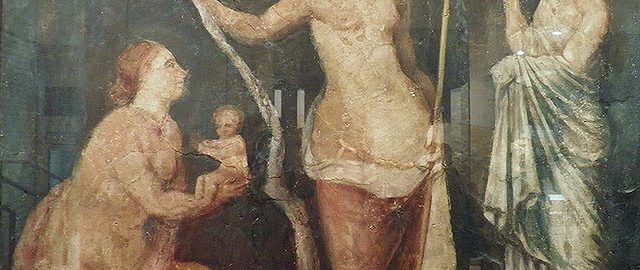In antiquity, salt, resin, honey and mouse droppings were considered abortives. At the Queen’s court, Cleopatra VII also used extracts of white poplar, juniper berries and fennel. Interestingly, modern medicine has confirmed the strong contraceptive properties of these plants.
The Greek scientist Theophrastus of Eresos recalled that the plant silphium, or sylphion, had strong contraceptive properties. There was a plant that was extremely popular in ancient times. Its juice was one of the main exports of the ancient Greek colony of Kyrene (today Libya), and it was known and used throughout the Mediterranean.
Willow juices, dates and pomegranates were also believed to have a strong contraceptive effect.





